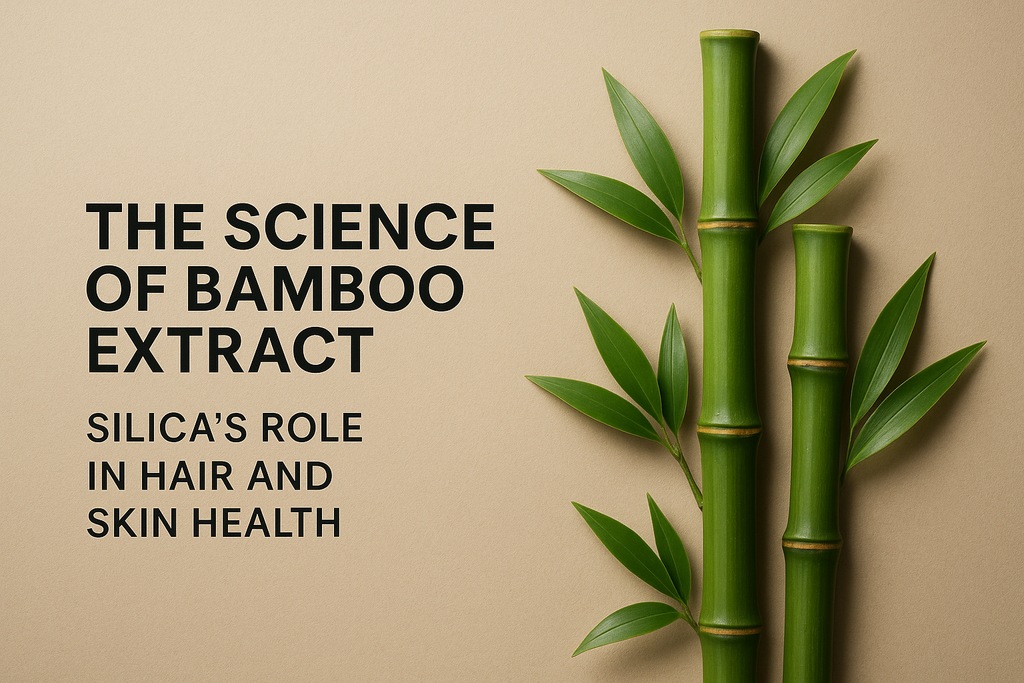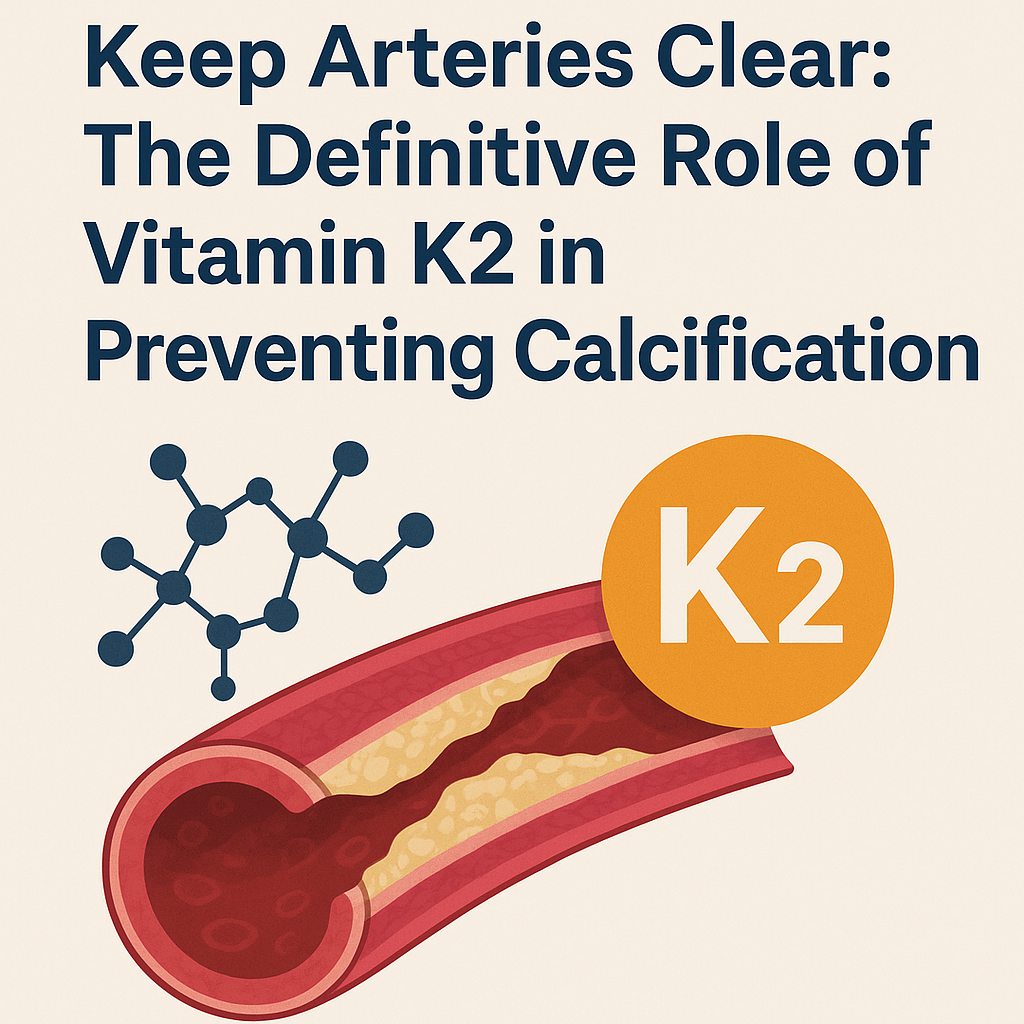News
The Antioxidant-Rich Sweetener: An Evidence-Based Guide to Sorghum Syrup
antioxidant-rich sweeteners natural sugar alternatives sorghum syrup benefits
In the quest for healthier alternatives to refined sugar, nature offers some surprisingly nutritious options. One such gem is sorghum syrup—a dark, rich, and flavorful sweetener derived from the juice of sorghum cane. Unlike conventional sweeteners, sorghum syrup is packed with antioxidants, essential minerals, and slow-digesting carbohydrates, making it not only a tasty addition to your pantry but also a functional ingredient in your wellness routine.
Often overshadowed by honey and maple syrup, sorghum syrup deserves the spotlight. It boasts a unique nutritional profile and plays a powerful role in oxidative stress reduction and chronic disease prevention. In this guide, we’ll explore the science-backed benefits of sorghum syrup, how it compares to other natural sweeteners, and how you can pair it with antioxidant-rich superfoods like Maqui Berry to amplify its effects.
The Science of Bamboo Extract: How Silica Boosts Hair and Skin Health
bamboo extract silica for hair silica for skin
In the world of natural beauty, trends come and go—but some ingredients stand the test of time due to their scientifically-backed benefits. Bamboo extract is one such gem, quietly making waves in the skincare and haircare industries thanks to its rich concentration of organic silica. Known for its ability to support collagen synthesis, strengthen hair strands, and improve skin elasticity, silica is a powerhouse mineral—and bamboo is one of its richest natural sources.
Whether you're struggling with thinning hair, dull skin, or brittle nails, understanding how bamboo extract works could unlock the beauty benefits you've been seeking. In this comprehensive article, we explore the science behind bamboo extract, why silica matters, and how incorporating this botanical into your routine could boost your beauty from the inside out.
Alpha-GPC for Brain Fog: Boost Mental Clarity, Memory & Focus Naturally
alpha gpc brain fog remedy mental clarity
We’ve all been there—staring at a screen, trying to remember what we were doing, fighting to stay focused during a meeting, or rereading the same sentence over and over again. Brain fog is more than just a nuisance; it can sabotage your productivity, mental sharpness, and even your mood. But what if the solution isn’t another cup of coffee, but a powerful nootropic compound that targets the root of mental fatigue? Enter Alpha-GPC.
Alpha-GPC (Alpha-glycerylphosphorylcholine) is a naturally occurring choline compound that plays a critical role in cognitive function, memory formation, and neural communication. It’s become a staple in the brain health world for its ability to cross the blood-brain barrier and directly fuel your brain’s acetylcholine production—a neurotransmitter essential for mental clarity and focus. In this article, we explore how Alpha-GPC works, why it’s so effective at fighting brain fog, and how it can support your cognitive edge in today’s fast-paced world.
Keep Arteries Clear: How Vitamin K2 Prevents Arterial Calcification
arterial calcification heart health vitamin k2
Heart disease remains the leading cause of death worldwide, and arterial calcification plays a silent but deadly role in this global crisis. As calcium deposits harden within the arterial walls, blood vessels lose their flexibility, restricting blood flow and increasing the risk of heart attacks, strokes, and other cardiovascular events. While calcium is often praised for its benefits in bone health, it becomes a double-edged sword when it ends up in the wrong places—like your arteries. Fortunately, science is uncovering a powerful ally in this fight: Vitamin K2.
Often overshadowed by its more famous relatives, Vitamin K2 has emerged as a crucial nutrient in the battle against arterial calcification. It plays a unique and vital role in directing calcium to where it belongs—in your bones—and away from your arteries. This article dives deep into the science behind Vitamin K2, its essential function in cardiovascular health, and how it might be the key to keeping your arteries clean and flexible. Whether you're looking to optimize your heart health or understand how nutrients shape your well-being, this definitive guide to Vitamin K2 will equip you with actionable insights backed by cutting-edge research.
Sea Buckthorn Oil for Dry, Irritated Skin: Natural Relief That Works
dry skin remedy irritated skin sea buckthorn oil
Dry, itchy, and irritated skin isn't just a seasonal nuisance—it can be a persistent challenge that affects everything from your appearance to your confidence. If you've tried countless creams, lotions, and remedies with little to no relief, it might be time to turn your attention to nature’s most underrated skin savior: Sea Buckthorn Oil.
Extracted from the vibrant orange berries of the sea buckthorn plant, this rich oil is packed with a rare profile of skin-loving nutrients. From Omega-7 fatty acids to a potent mix of antioxidants and vitamins, Sea Buckthorn Oil offers a unique blend that not only soothes inflammation but also strengthens the skin barrier and promotes deep hydration. In this article, we explore the powerful benefits of Sea Buckthorn Oil for dry, irritated skin—and why it may just be the nourishing boost your skincare routine has been missing.





